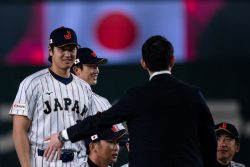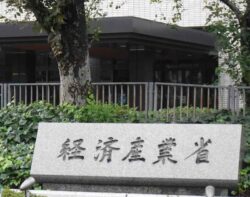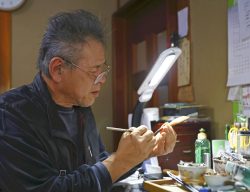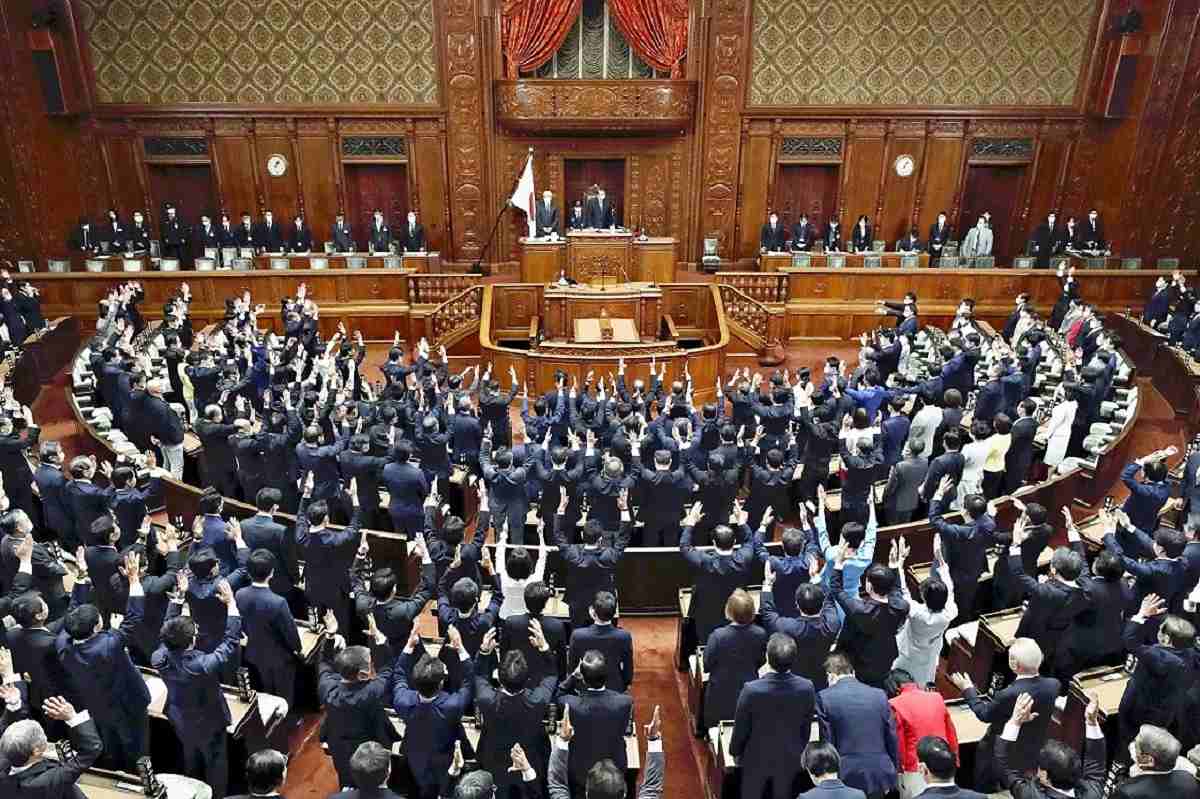
The House of Representatives is dissolved on Oct. 14, 2021.
8:30 JST, July 15, 2023
Japan would be in the heat of a general election fight right now if Prime Minister Fumio Kishida had dissolved the House of Representatives last month. Kishida had hinted that a dissolution of the lower house was an option he was considering. But then he decided against it.
Various explanations have been offered as to why he avoided a political showdown. Some critics have said that Kishida might have been afraid that the ruling Liberal Democratic Party, which he heads, would lose heavily because of a spate of problems with the My Number social security and tax identification number system.
Some LDP officials were poised to begin campaigns for a general election. Assuming he was serious, Kishida must have been thinking about policies to present as key election pledges to gain popularity among voters. I have no idea what those policies would have been, but I can say one thing confidently: The election would have been scheduled as early as possible, no later than July 23. The campaign period would have been less than a month. It would have been another of Japan’s many snap elections.
In the United Kingdom, the prime minister is granted only a little leeway to dissolve the lower house anytime he or she wants under the Fixed-term Parliaments Act enacted in 2011. And in Germany, where not the chancellor but the president has authority to dissolve the parliament, general elections have been conducted every four years, with a few exceptions.
But in Japanese political history it is nothing uncommon. Most lower house elections have been timed to surprise the opposition party.
About 70 years ago, then Prime Minister Shigeru Yoshida dissolved the House of Representatives without any advance notice. His aim was to beat not only the opposition parties but also a dissident group within his own party. Only a few of his aides and Cabinet members knew of Yoshida’s intentions. His party managed to win, albeit with a reduced majority, and his group overwhelmed the dissident nonmainstream faction in his own party.
In 1986, Prime Minister Yasuhiro Nakasone caused elections for both houses to be held on the same day. The Nakasone administration had worked out this plan secretly. He pretended to give up on the dissolution to fend off criticism from the opposition. This trick was called a “play-dead dissolution.” The LDP defeated the ill-prepared opposition parties by a landslide.
More recently, Prime Minister Shinzo Abe was able to remain in power for the longest period in Japanese political history owing to the snap elections he called in 2014 and 2017.
Why was this possible? One reason is that the power to dissolve the lower house has been regarded as the prime minister’s exclusive prerogative. This is not stipulated in the Constitution of Japan, nor in any law, but in political practices that have been established over more than a century. A prime minister’s determination, with some help from aides, makes it possible to hold a snap election even though there may be many objections within the ruling party and even the cabinet. If a minister opposes dissolving the House of Representatives in a cabinet meeting, the prime minister can dismiss them, which happened in 2005 when then Prime Minister Junichiro Koizumi dissolved the Diet over postal privatization.
Since the LDP was founded in 1955, Japan has had 22 general elections. In other words, every three years on average. Successive prime ministers who were also LDP presidents have timed elections to best suit their own needs, keeping the party dominant.
Moreover, the increase in the number of swing voters may accelerate the frequency of general elections. The LDP achieved an overwhelming victory in the most recent general election held in 2021, but 34 of its candidates in single-seat constituencies bested their opposition rivals by less than 5 points. Owing to shrinkage of the solid support base for the LDP and diversification of voting behavior in urban constituencies, the main battlefields of general elections, the number of closely contested races has doubled in the past 10 years.
Now, many LDP members wish to avoid elections in which they must endure a long, harsh siege by opposition parties. They tend to think that once an election is announced, the sooner it comes, the better.
Young members of the House of Representatives have been told to prepare for an election whenever it may come. They must stay among their constituents for as long as possible to be ready to spring into an election campaign instead of carrying out their duties in the Diet.
In 1976, then Prime Minister Takeo Miki was forced to step down to take responsibility for defeat in a general election held after the full term of lower house members had expired. Since then, it has become an accepted historical lesson for the LDP that the prime minister should dissolve the lower house before the term expires.
For these reasons, the desirable winning strategy for the LDP has been to hit the opposition with a surprise attack, meaning a general election at the shortest possible notice. It is 30 days on average from a prime minister’s announcement of the dissolution of the lower house until the day of voting. But that is too short for voters to examine the campaign pledges of the parties and the personalities of the candidates, or to assess what the incumbent administration has accomplished. Instead, they are apt to follow what they perceive as the tide of public opinion. Often, this creates wild poll results and makes politics unstable. We should recognize that an election after only a brief period has side effects for the whole political world.
When will the next general election be? It depends on the situation surrounding the Kishida administration. Trying to recover his once high support rate, Kishida will strive to score diplomatic and domestic-policy points in the hope of strengthening his political base so he can win enough seats for the prompt implementation of his policies.
If so, he will surely act just as his predecessors repeatedly have, by calling an unexpected general election.
Political Pulse appears every Saturday.
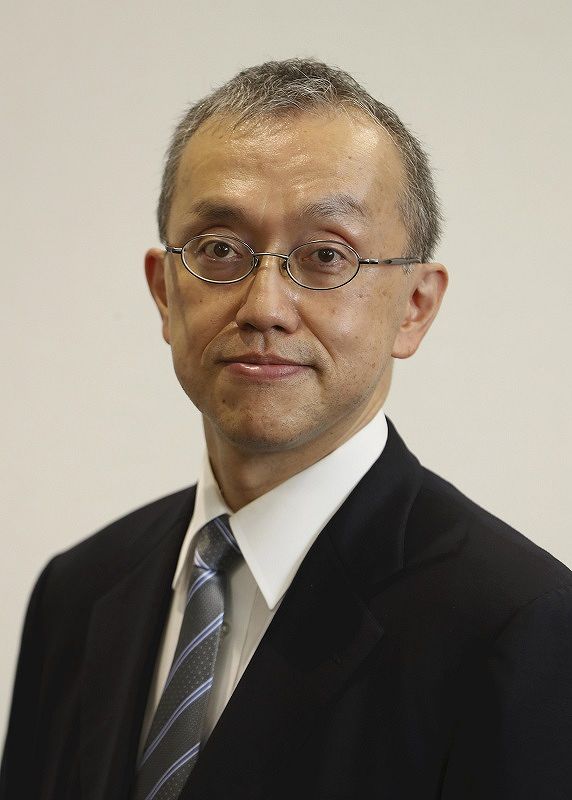
Takayuki Tanaka
Takayuki Tanaka is senior managing director, chief officer, administration, of The Yomiuri Shimbun. His previous post was managing editor.
Top Articles in Editorial & Columns
-

Riku-Ryu Pair Wins Gold Medal: Their Strong Bond Leads to Major Comeback Victory
-

Reciprocal Tariffs Ruled Illegal: Judiciary Would Not Tolerate President’s High-Handed Approach
-

China Provoked Takaichi into Risky Move of Dissolving House of Representatives, But It’s a Gamble She Just Might Win
-

Flu Cases Surging Again: Infection Can Also Be Prevented by Humidifying Indoor Spaces
-

Japan’s Plan for Investment in U.S.: Aim for Mutual Development by Ensuring Profitability
JN ACCESS RANKING
-

Producer Behind Pop Group XG Arrested for Cocaine Possession
-

Japan PM Takaichi’s Cabinet Resigns en Masse
-

Man Infected with Measles Reportedly Dined at Restaurant in Tokyo Station
-

Israeli Ambassador to Japan Speaks about Japan’s Role in the Reconstruction of Gaza
-

Videos Plagiarized, Reposted with False Subtitles Claiming ‘Ryukyu Belongs to China’; Anti-China False Information Also Posted in Japan







